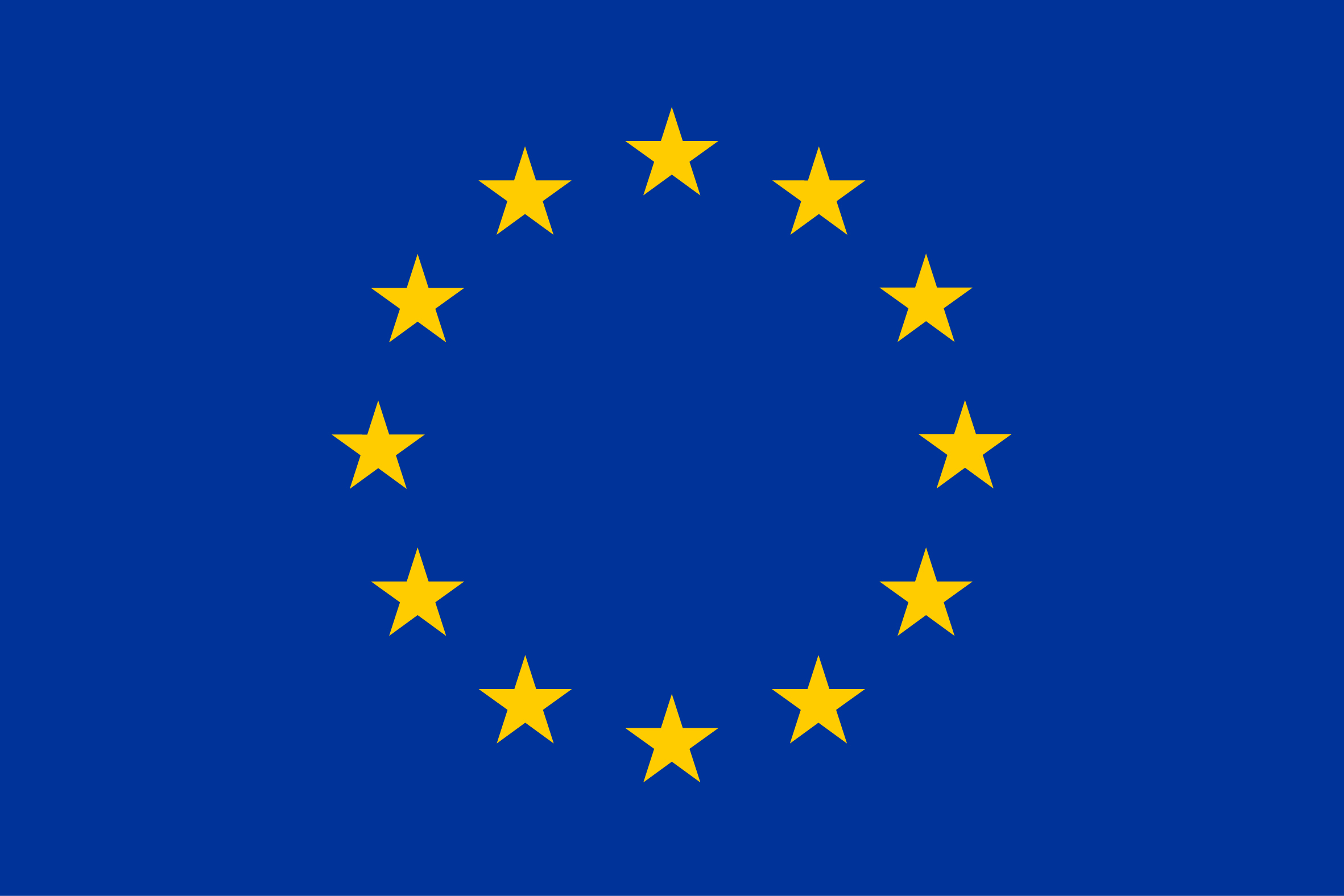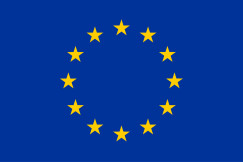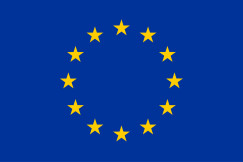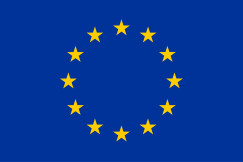Legislation
27 March 2025
Regulation on aid compatible with the internal markets
Legislation
27 March 2025
1. Healthy, balanced and sustainable diets for all European consumers
2. Prevention and reduction of food loss and waste
3. A climate - neutral food chain in Europe by 2050
+4 more
Login / create an account to be able to react
-
17

Regulation (EU) No 651/2014, known as the general block exemption regulation (GBER), aims to foster economic growth by allowing EU governments to allocate larger amounts of public funds to a broader range of companies without needing prior approval from the European Commission, provided they meet GBER criteria. This regulation reduces administrative burdens and promotes aid that supports economic growth without distorting competition.
Editorial team
European Commission - DG COMP
Topics
EU-27
EU Institutions
-
CoC aspirational objectives
-
-
1. Healthy, balanced and sustainable diets for all European consumers
-
2. Prevention and reduction of food loss and waste
-
3. A climate - neutral food chain in Europe by 2050
-
4. An optimised circular and resource-efficient food chain in Europe
-
5. Sustained, inclusive and sustainable economic growth, employment and decent work for all
-
6. Sustainable value creation in the European food supply chain through partnership
-
7. Sustainable sourcing in food supply chains
-
Share
Regulation (EU) No 651/2014 declaring certain categories of aid compatible with the internal market is also known as the general block exemption regulation (GBER). The GBER is a cornerstone of the Commission’s State aid modernisation reform, which aims to promote economic growth and to concentrate EU approval procedures on large-scale aid cases that could lead to unfair competition.
Its aim is to enable EU governments to give higher amounts of public money to a wider range of companies without having to request prior permission from the European Commission. As a general rule, except for very small amounts, State aid must be notified to and cleared by the Commission before it is granted. The regulation exempts EU countries from this notification obligation, as long as all the GBER criteria are fulfilled.
The exemption is designed to reduce administrative burdens on national and local authorities and to encourage EU governments to channel aid towards economic growth without giving recipients an unfair competitive advantage.
The regulation covers the following categories and types of aid measures:
- Regional aid.
- Aid for small and medium-sized enterprises (SMEs), including access to finance.
- Research, development, and training aid.
- Support for disadvantaged workers and workers with disabilities.
- Environmental protection aid and compensation for damage caused by certain natural disasters.
- Social transport aid for residents of remote regions.
- Aid for broadband infrastructure.
- Support for culture and heritage conservation.
- Aid for sports and multifunctional recreational infrastructure.
- Local infrastructure aid.
Further information:
General block exemption regulation (GBER) — Frequently asked questions (European Commission)
Block exemption regulations (European Commission)
Related regulations:
Commission Regulation (EU) No 651/2014 declaring certain categories of aid compatible with the internal market
Communication COM 2020/1863 from the Commission Temporary Framework for State aid measures to support the economy in the current COVID-19 outbreak
Comments (0)
See also
-
5
Nutrition and Health Claims
- Categories
- 2. Prevention and reduction of food loss and waste 3. A climate - neutral food chain in Europe by 2050 4. An optimised circular and resource-efficient food chain in Europe +3 more
-
5
Barriers to trade
- Categories
- 2. Prevention and reduction of food loss and waste 3. A climate - neutral food chain in Europe by 2050 4. An optimised circular and resource-efficient food chain in Europe +3 more
-
4
Renewable Energy Directive
- Categories
- 2. Prevention and reduction of food loss and waste 3. A climate - neutral food chain in Europe by 2050 4. An optimised circular and resource-efficient food chain in Europe +3 more




